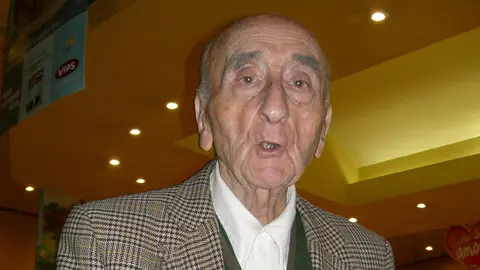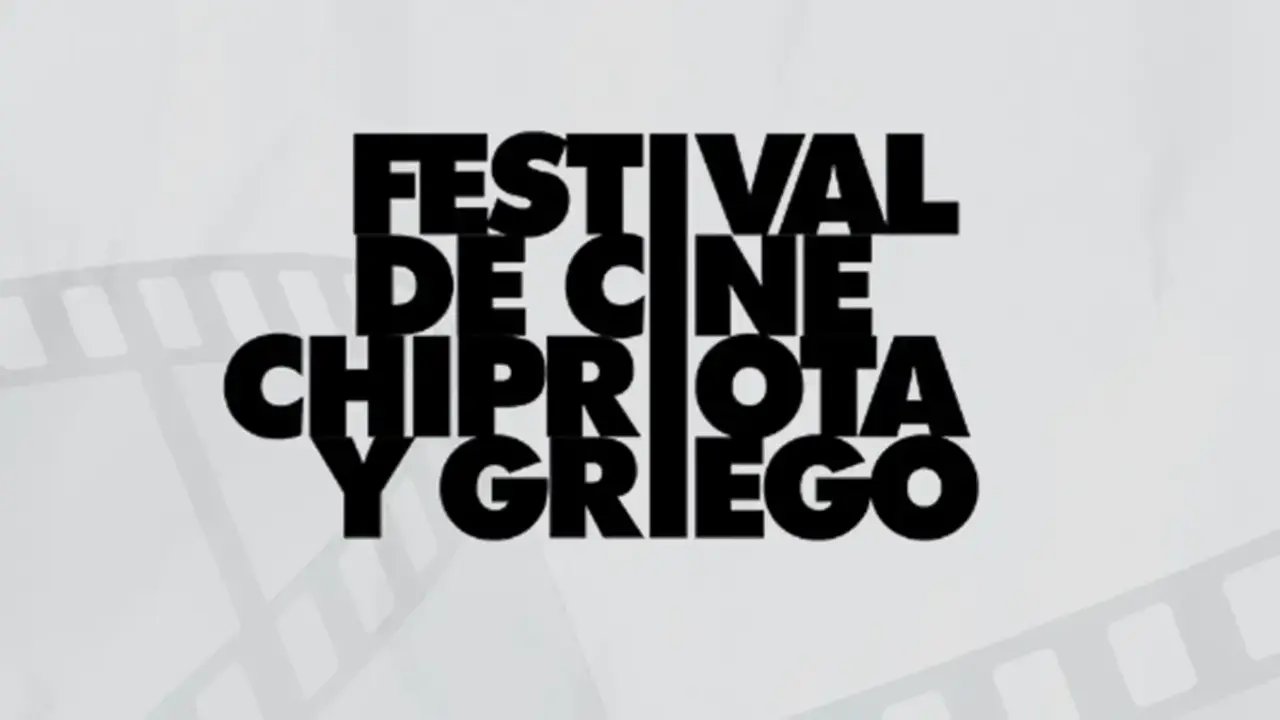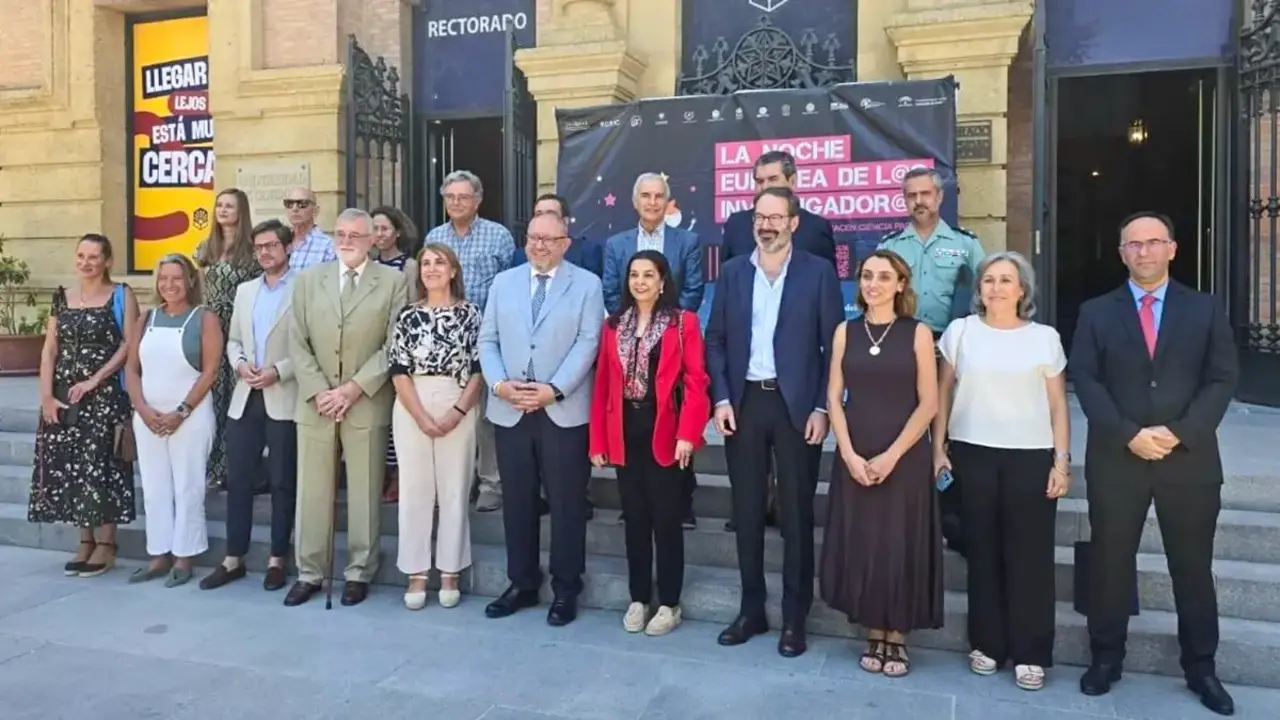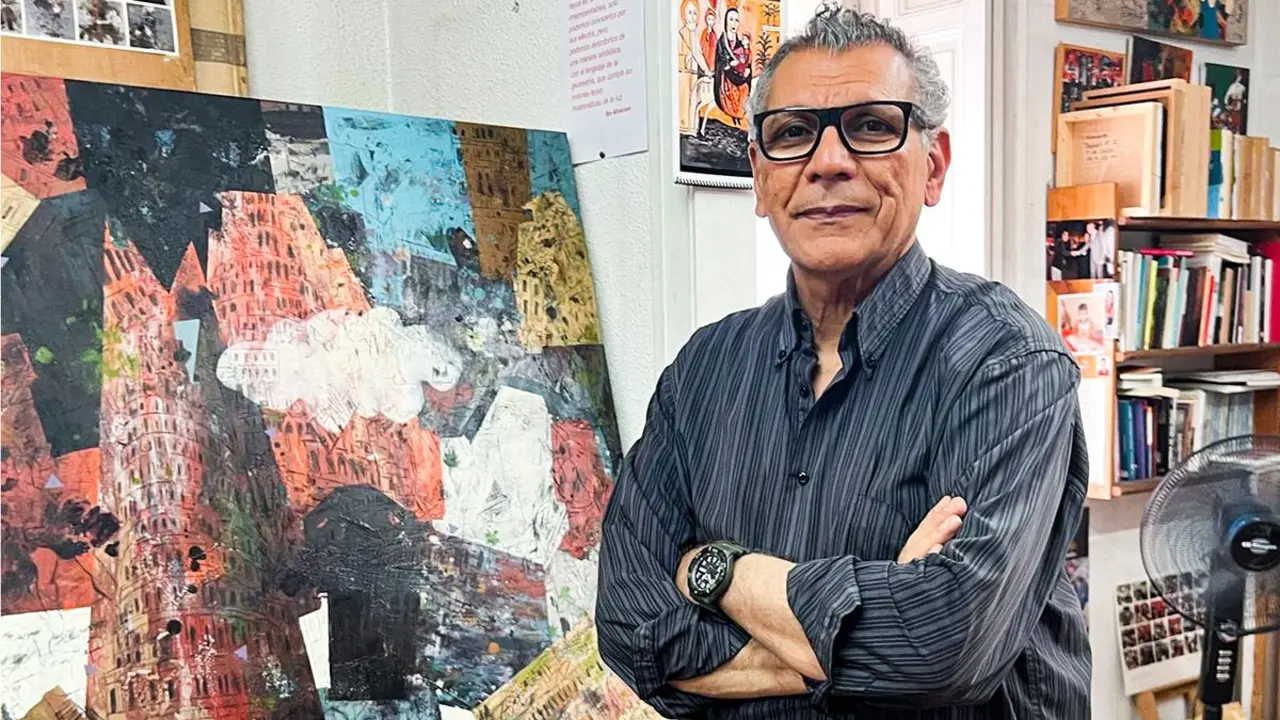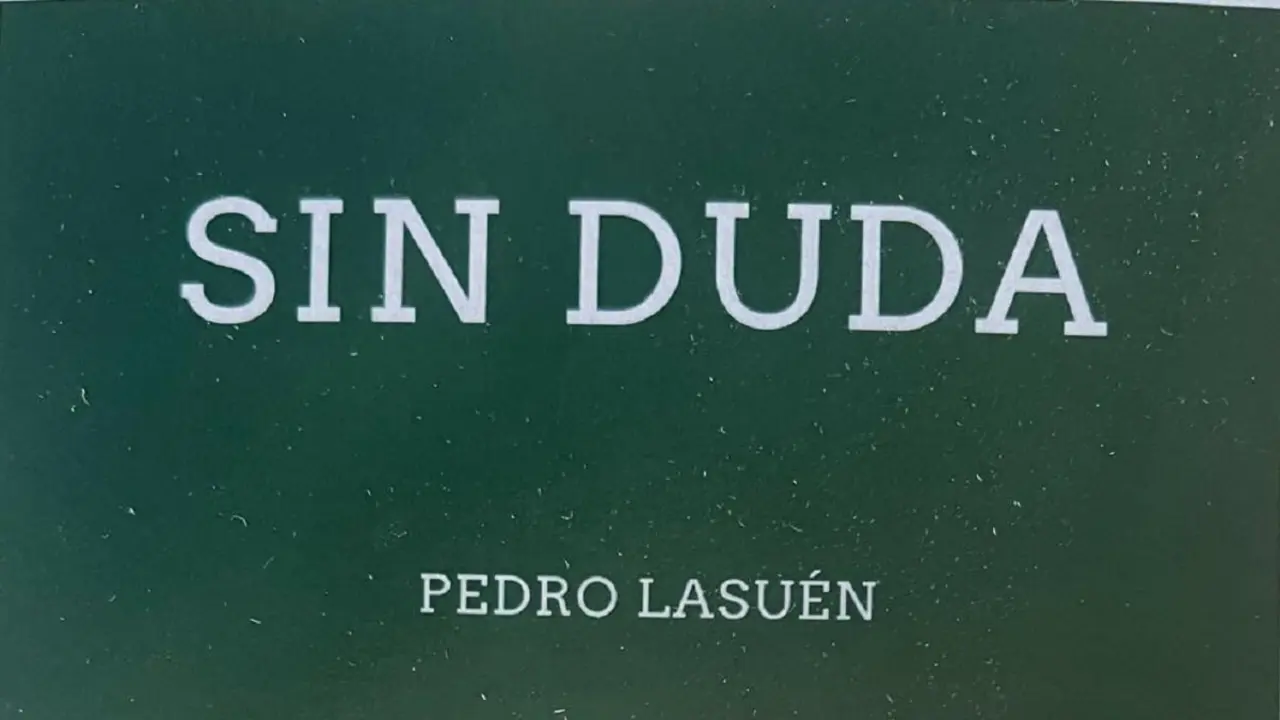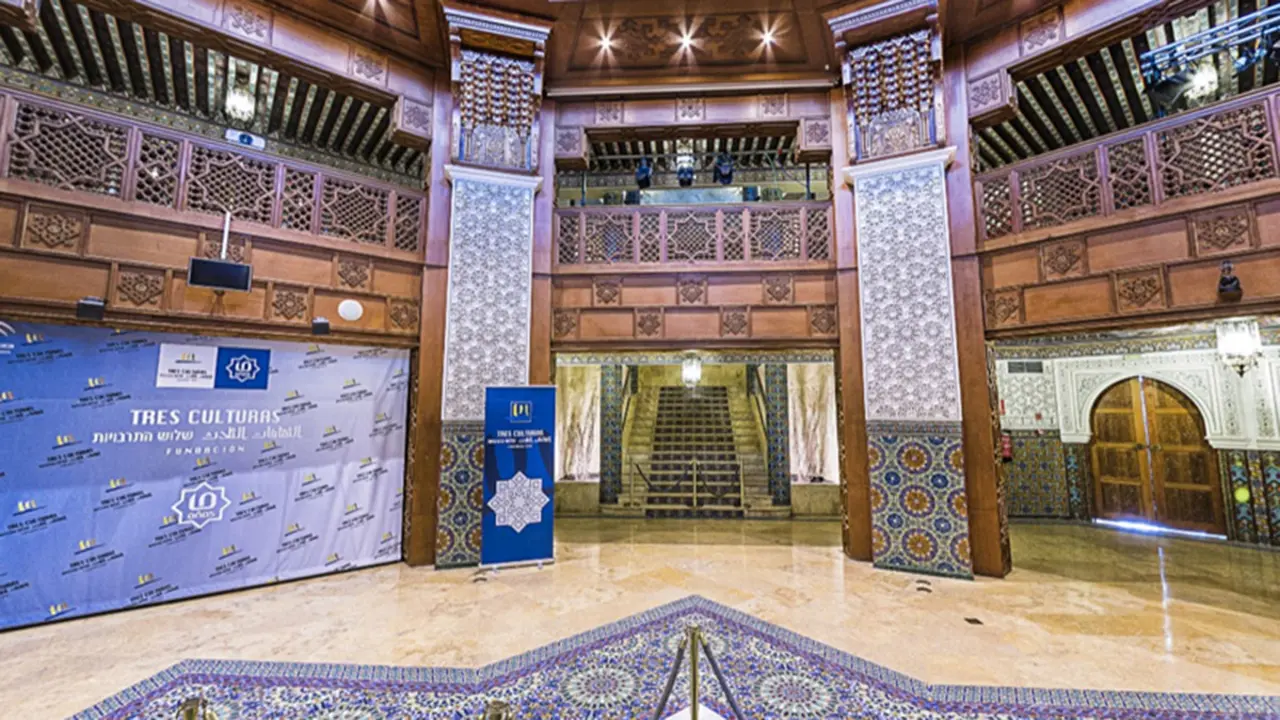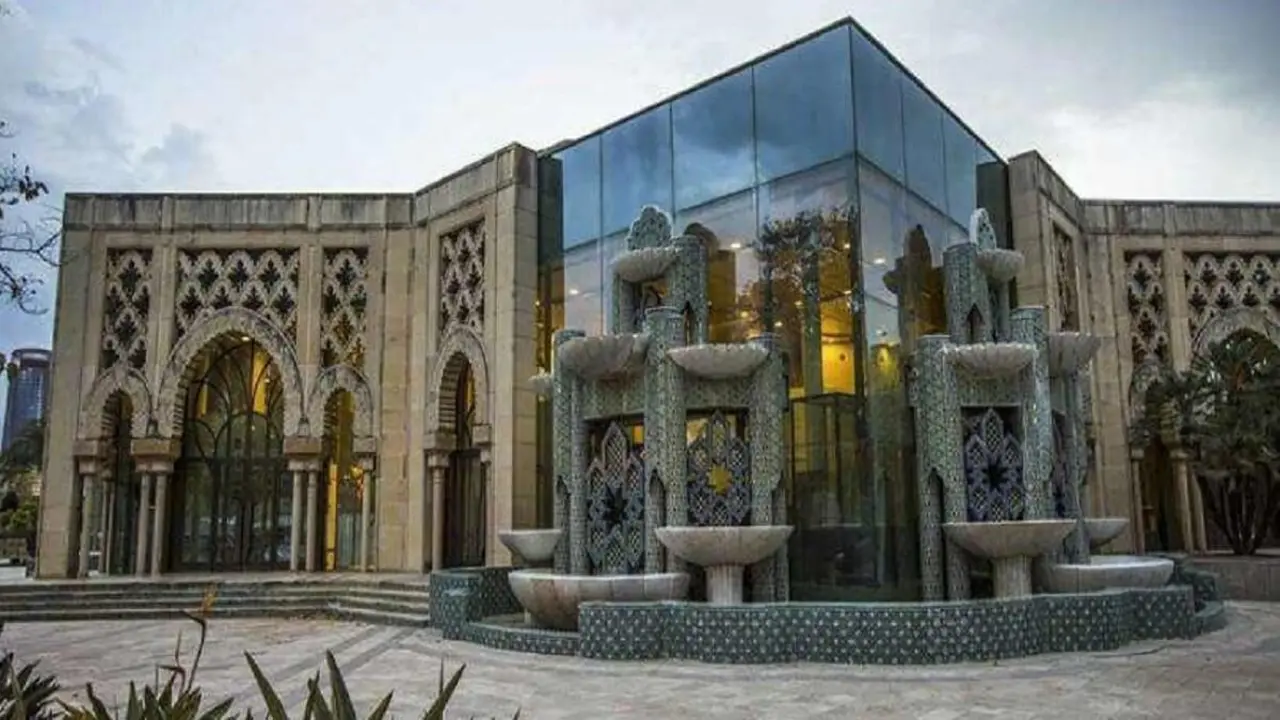Journalist Carlos Arévalo recovers 20 "first-rate" supporting actors
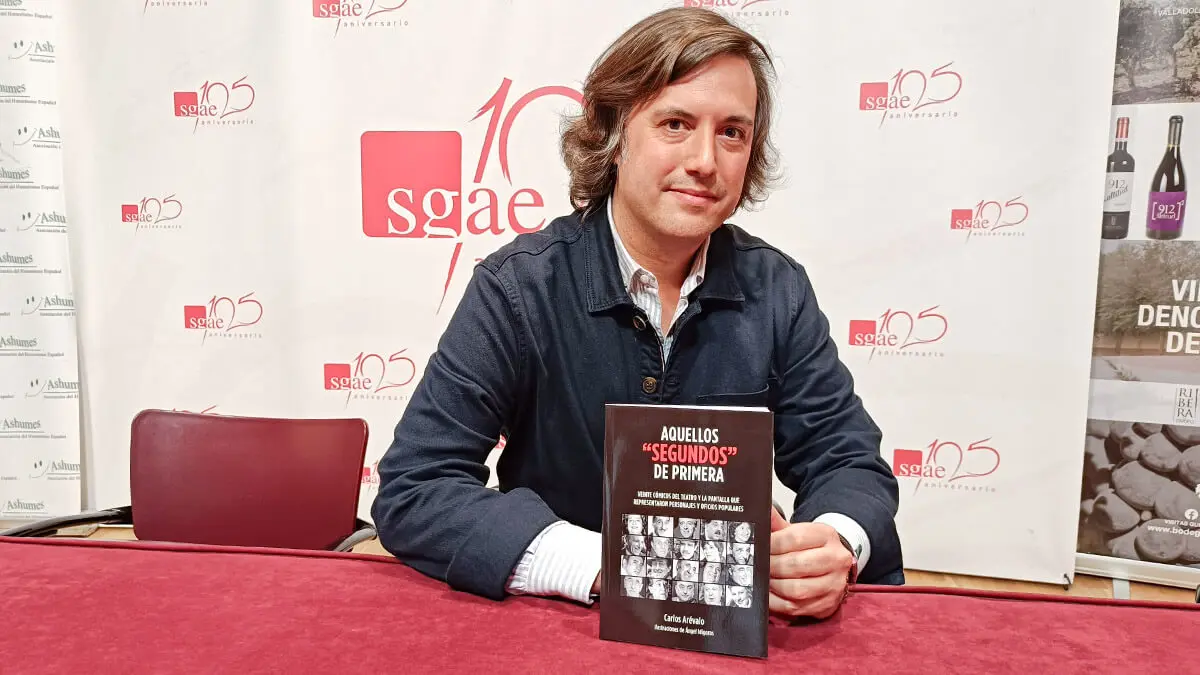
This is not the first time that the journalist and writer Carlos Arévalo has delved into the Spanish acting world to investigate its protagonists, and it will certainly not be the last. His first book was dedicated to José Bódalo, then came the biographies of Antonio Garisa and Jorge Sepúlveda, and now, a cast of 20 actors to whom he wants to remember and pay tribute: Rafaela Aparicio, Antonio Riquelme, José Orjás, Rafael López Somoza, Julia Caba Alba, Félix Fernández, Valentín Tornos, Rafael Hernández, Laly Soldevilla, Xan Das Bolas, Venancio Muro, Erasmo Pascual, Goyo Lebrero, Josefina Serratosa, Manuel Requena, Jesús Guzmán, José Sepúlveda, Pedro Porcel, Ángel Álvarez and Julia Lajos.
A difficult choice, as Spanish theatre and black and white cinema has had great performers. Comedians who did not always have an easy life, but who knew how to amuse and entertain their audiences, something very important in those years. The fact that they all gave life to characters with popular and very human jobs, says Carlos Arévalo, was a key factor in the selection of these truly first-rate "seconds", although, he adds, "it was also a very personal decision". These roles do not detract from the fact that on other occasions they have played gallants or marquises, says the author, who above all has sought to pay tribute to these men and women born from the end of the 19th century to the 1920s and "who have given us such a good time".
The work, published by El Cronista Cultural Ediciones, has a prologue by actor Jaime Blanch, who writes that these actors "made up a profession that tried, in my humble opinion, to replace gomine and corsets with naturalness and a traditional costumbrismo that connected very well with the public". The magnificent caricatures by Ángel Idígoras and the photographic material of numerous film sequences complement the portraits that the author writes of each of them.

"A marvellous folly"
Friends and relatives of these actors gathered recently at the Sociedad General de Autores (SGAE) for the presentation of "Aquellos 'segundos' de primera". A fun and emotional meeting in which the author and the illustrator were accompanied by two greats of the scene: Tony Antonio, president of the Asociación del Humorismo Español (ASHUMES), who has had a lot to do with this book seeing the light of day, and Miguel Rellán, who thanked Carlos Arévalo for "this marvellous folly".
The stage was full of thanks, laughter thanks to Tony Antonio's different imitations, emotions and surprises.
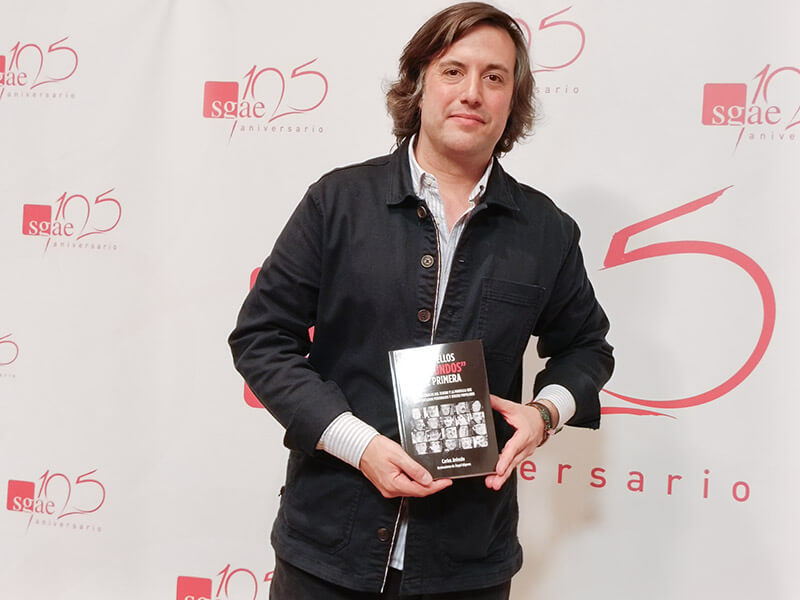
The projection of Idígoras' illustrations, one by one, while Arévalo told some anecdote or curiosity made an event in which remembrance became justice more than entertaining. Thus, he told that the great Rafaela Aparicio had a glass eye; that Julia Caba Alba, for her roles, always got her wardrobe from home or had it made for her; that Riquelme worked in more than 200 titles; that José Orjás used to take off his prescription glasses to act; that Félix Fernández died with his boots on, as did Pedro Porcel; that Venancio Muro was champion of Castile in Greco-Roman wrestling; or that Jesús Guzmán, who left us last year when he was almost a century old, was still recognised in the street as the postman in "Crónicas de un pueblo", although people did not remember his name.... He was a great actor who even worked with Clint Eastwood.

Cartoons with soul
Actors who, when it comes to being drawn, have presented almost as much ease as difficulty. "Ease, because they have peculiar features that are easy to identify, but difficult when it comes to showing their soul", commented Idígoras, who also revealed that the eyes are the first to be painted. And then came the surprise, when he turned the drawing of Don Cicuta, the famous character from the television programme "Un, dos, tres", brought to life by Valentín Tornos, into that of the writer Carlos Arévalo, to the amazement of those present. Innocent magic like that which our comedians used to do on stage or on the screen.
When Miguel Rellán took the floor, he praised that era and these great actors "who made any role good", but he also criticised this oblivion. "The lack of memory really pisses me off", he said, after telling how a well-known young actress did not know who Paul Newman was, and that when the writer Caballero Bonald died, nobody from Culture went to his funeral, although it was worse when the Ministry confused him and uploaded a photo of Sánchez Ferlosio to the networks. "We are a tough country, but there is still hope".
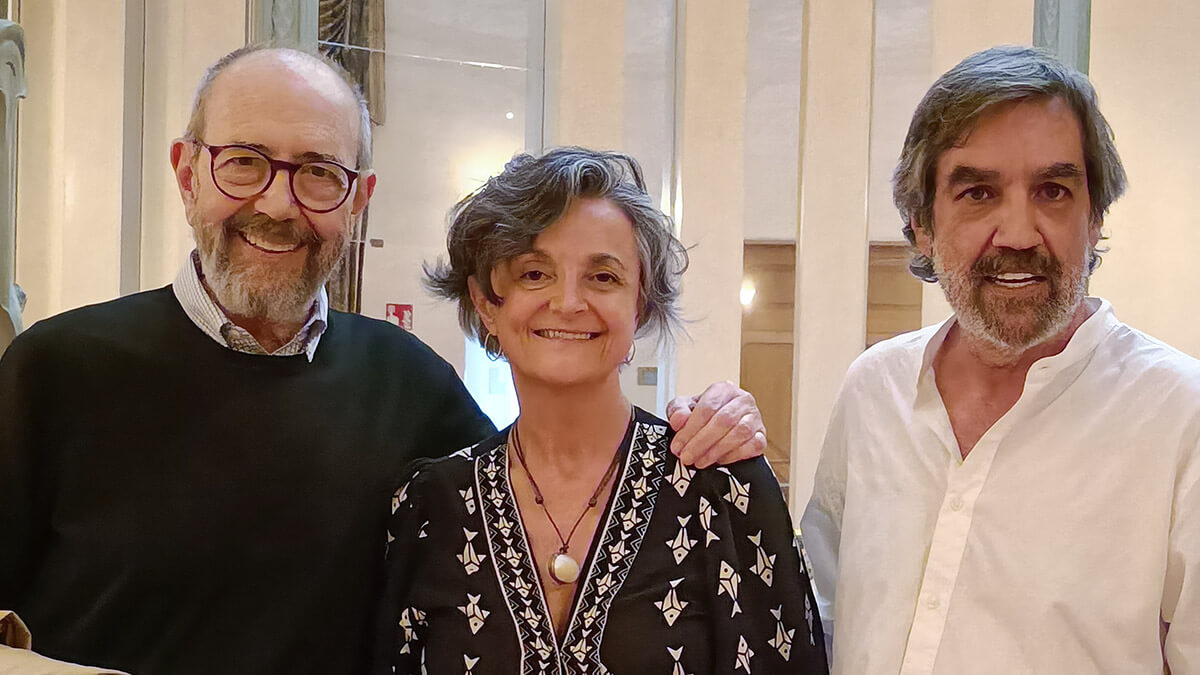
And so begins the journey of this book "which has not been easy", says Arévalo, because, although he sought public and private support for its publication, he received many refusals before ASHUMES and its president backed him. A path with many stones, but also with outstretched hands, such as those of the relatives "who opened their memories to me so that I could rescue such beloved actors and actresses from oblivion and try to bring new generations closer to them".
"This book is a little jewel that has been well worth it", in the words of Miguel Rellán.


